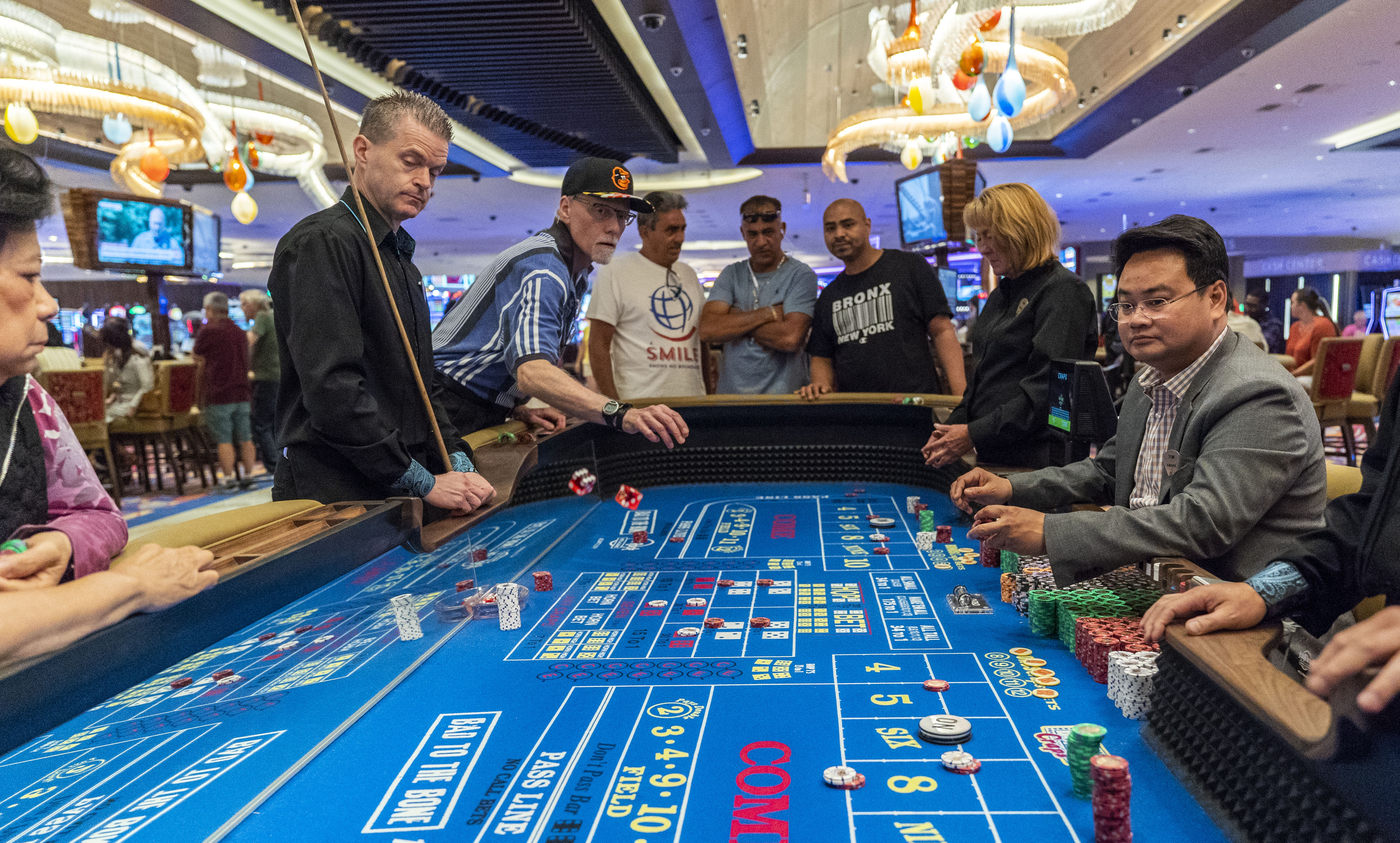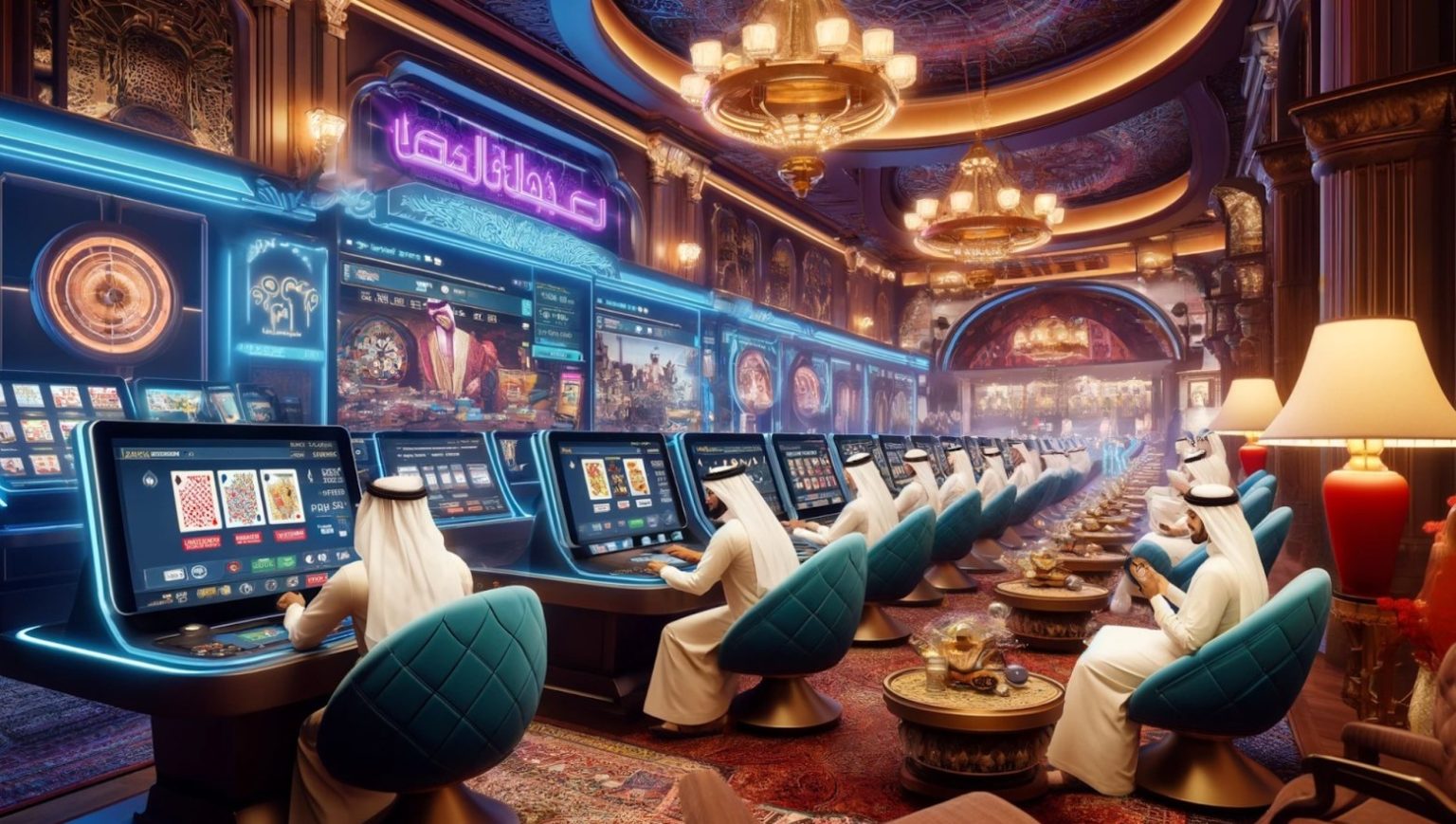The World of Casino Gambling: Entertainment, Risks, and Opportunities

Casino gambling has been a central part of human culture for centuries. From ancient dice games to today’s luxurious Las Vegas resorts, the thrill of placing a bet has fascinated millions worldwide. The 777 Slot industry is now a multibillion-dollar sector, providing entertainment, economic growth, and even tourism opportunities. However, like any form of entertainment, casino gambling also carries risks that must be understood and managed responsibly.
A Brief History of Casino Gambling
Gambling is as old as civilization itself. The earliest recorded dice date back to 3000 BC in Mesopotamia, while ancient China is credited with creating rudimentary lottery systems. Romans and Greeks also enjoyed betting on games, gladiatorial contests, and chariot races.
The word casino originates from Italy, where small villas or social clubs were used for entertainment, including games of chance. By the 17th century, Venice introduced the world’s first official casino, the Ridotto, offering a regulated space for controlled gambling.
In the 20th century, the rise of Las Vegas and Monte Carlo transformed casino gambling into a symbol of luxury, entertainment, and glamour. Today, casinos exist in nearly every part of the world, including integrated resorts in Macau, Singapore, and Europe.
Types of Casino Gambling
Casinos offer a wide range of games, catering to different tastes and strategies. Broadly, these games fall into three main categories:
1. Table Games
These are the classic casino experiences, involving cards, dice, or wheels. Examples include:
- Blackjack – A game of skill and probability where players aim to beat the dealer’s hand without exceeding 21.
- Roulette – A spinning wheel game where bets are placed on numbers, colors, or combinations.
- Poker – Perhaps the most skill-based gambling game, where strategy and psychology matter as much as luck.
2. Electronic Gaming Machines
Slot machines and video poker dominate this category. These games rely primarily on chance but offer convenience and instant results. Modern slots also feature themes, animations, and massive jackpots.
3. Random Number Games
These include lottery-style games such as bingo and keno. While luck-driven, they remain popular for their simplicity and accessibility.
The Psychology Behind Gambling
Casino gambling is not just about money—it’s about the experience. Several psychological factors make gambling so appealing:
- The Thrill of Risk – Humans are naturally drawn to risk and uncertainty. The possibility of winning big creates excitement.
- Near Miss Effect – Slot machines and roulette often create “almost wins,” tricking the brain into believing a big win is close.
- Social Interaction – Casinos provide a social setting where people bond over games, competition, and shared excitement.
- Escapism – For many, casinos act as an escape from daily routines, offering entertainment, luxury, and fun.
Online Casino Gambling: The Digital Revolution
The internet has reshaped the gambling industry. Online casinos allow players to gamble from anywhere in the world, using their computers or mobile phones.
Key features of online casino gambling include:
- Accessibility – Available 24/7 without the need to travel.
- Variety – Hundreds of slots, table games, and live dealer experiences.
- Bonuses and Promotions – Online casinos attract players with welcome bonuses, free spins, and loyalty rewards.
- Live Casino Games – Players can interact with real dealers streamed in real time, creating an immersive experience.
This digital revolution has expanded the reach of gambling, particularly among younger generations. However, it also raises concerns about responsible gambling, as the ease of access may increase the risk of addiction.
Economic Impact of Casinos
Casinos are more than entertainment hubs; they significantly impact local and national economies.
- Tourism and Hospitality – Las Vegas, Macau, and Monte Carlo thrive on gambling tourism, attracting millions of visitors annually.
- Job Creation – Casinos employ thousands, from dealers and security staff to hotel and restaurant workers.
- Tax Revenue – Governments benefit from casino taxes, which often fund infrastructure, education, and healthcare.
However, critics argue that these benefits can be offset by the social costs of gambling addiction and related financial problems.
Responsible Gambling and Risks
While casino gambling offers excitement, it’s crucial to understand the risks. Gambling addiction, also known as “problem Situs Slot,” affects millions globally. Warning signs include:
- Spending more money than intended.
- Chasing losses.
- Borrowing money to gamble.
- Neglecting personal and professional responsibilities.
To promote responsible gambling, many casinos and online platforms provide tools such as self-exclusion, deposit limits, and time tracking. Education campaigns also help spread awareness about safe gambling practices.
Future of Casino Gambling
The gambling industry continues to evolve, adapting to new technologies and player demands. Some emerging trends include:
- Virtual Reality (VR) Casinos – Immersive environments where players can experience realistic casino games in a virtual world.
- Cryptocurrency Gambling – Bitcoin and other digital currencies are increasingly being accepted for faster, anonymous transactions.
- Skill-Based Games – Younger players prefer games that combine luck with skill, such as e-sports betting or interactive slots.
- Regulatory Changes – Governments worldwide are balancing economic benefits with player protection, shaping the future of gambling laws.
Balancing Entertainment and Responsibility
Casino gambling is both a source of entertainment and a potential risk. For many, it’s a fun pastime, offering social interaction and excitement. For others, it can spiral into financial and personal difficulties.
The key lies in moderation and responsibility. Gambling should be seen as a form of entertainment—similar to going to the movies or dining out—not as a guaranteed way to earn money. Setting personal limits and knowing when to stop are essential for a healthy gambling experience.
Conclusion
Casino gambling has evolved from ancient dice games to modern online platforms, shaping cultures and economies across the world. It offers excitement, luxury, and the chance of winning big, but it also carries significant risks if not approached responsibly.
Whether you’re visiting a glamorous Las Vegas resort, playing blackjack at a local casino, or enjoying online slots from home, remember that gambling is ultimately about entertainment. By embracing responsible play, players can enjoy the thrill of the casino while safeguarding their well-being.
Casino gambling will continue to evolve with technology and trends, but its core appeal remains timeless—the universal human fascination with chance, risk, and reward.



